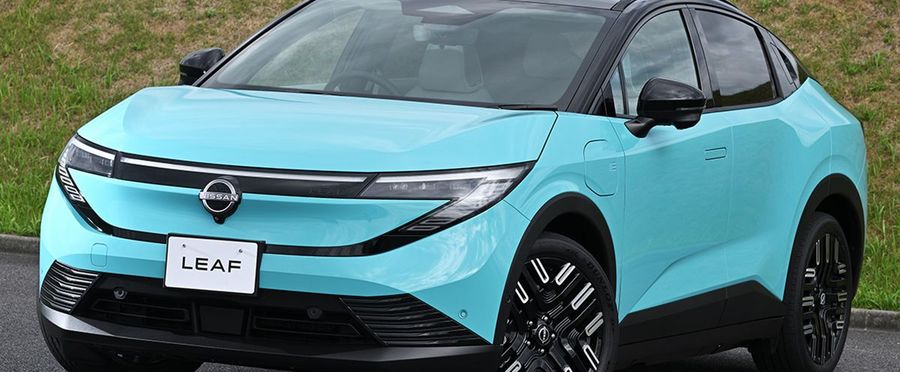After eight years, Nissan has given its Leaf electric car a major revamp. This innovative breakthrough in Japan's motor industry represents an answer to the growing demand for sustainable, electric vehicles. The details of the improvements and upgrades to Nissan's new Leaf model are yet to be announced; however, it is expected to entail advancements in battery life, charging speed, and overall performance. The timing of the revamp coincides with an increasing interest in and commitment to reducing carbon emissions by transitioning to electrically powered vehicles.
In Japan, the shift towards electric vehicles is a major issue, with both environmental and economic implications. The government is taking proactive measures to transition toward a more sustainable society. Nissan's Leaf plays an integral role in these strategic plans, serving as a symbol of Japan's prioritization of green technology and as a major player in the domestic electric car market.
In the US and EU, similar strategies are being adopted, with traditional car manufacturers pivoting to electric vehicles. However, the speed and extent of the transition vary by region and depend largely on government initiatives and policies. Like Japan, these regions have witnessed significant growth in the electric vehicle sector, with Elon Musk's Tesla being a notable player in the US market.

